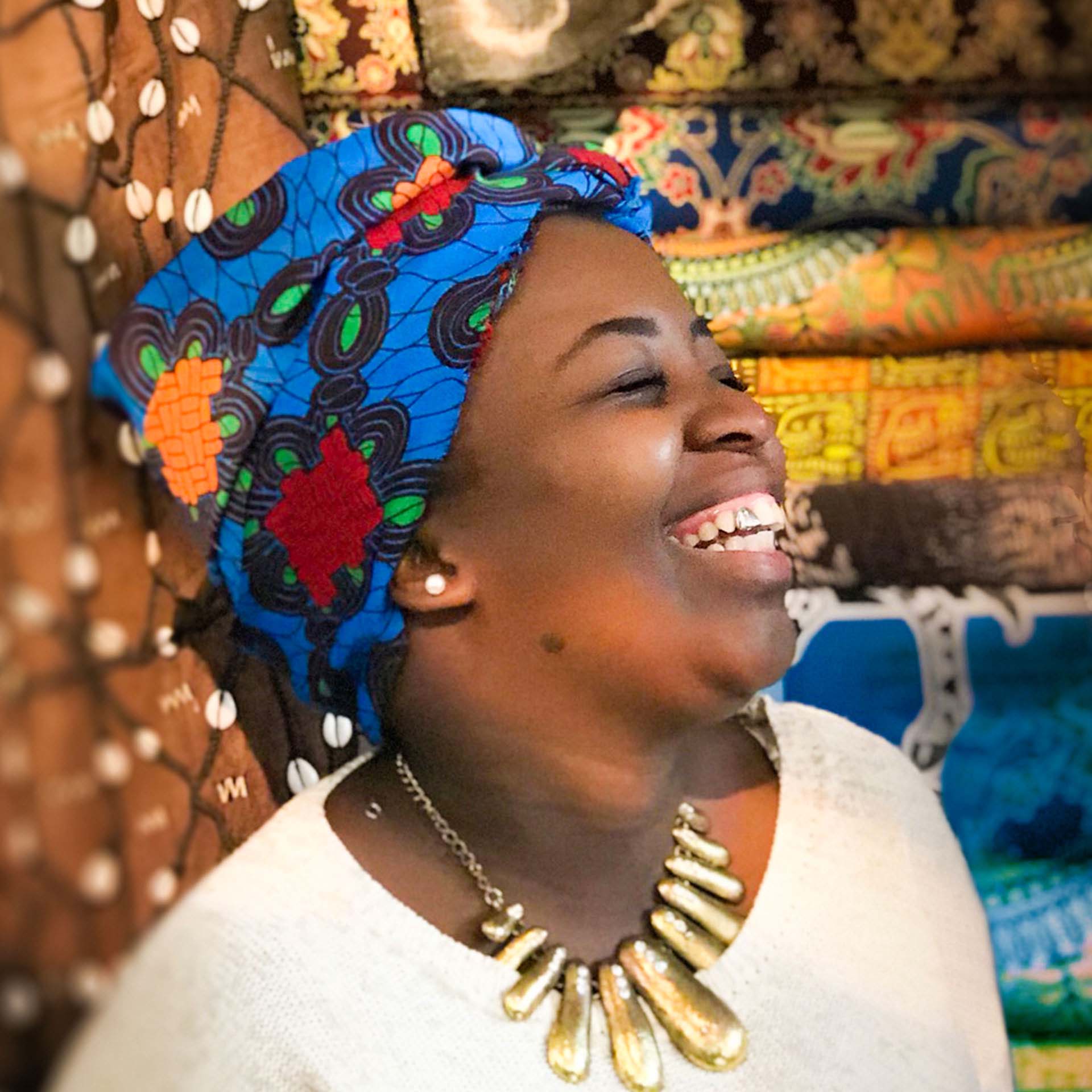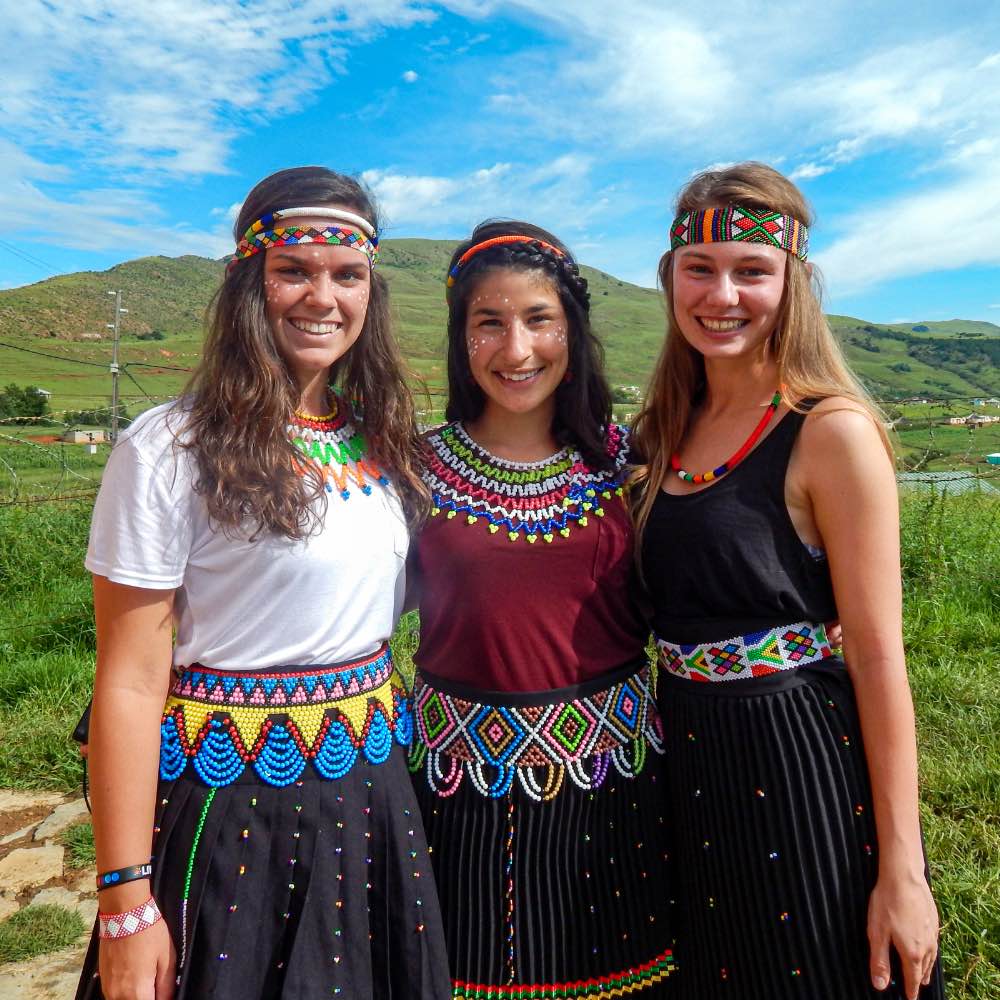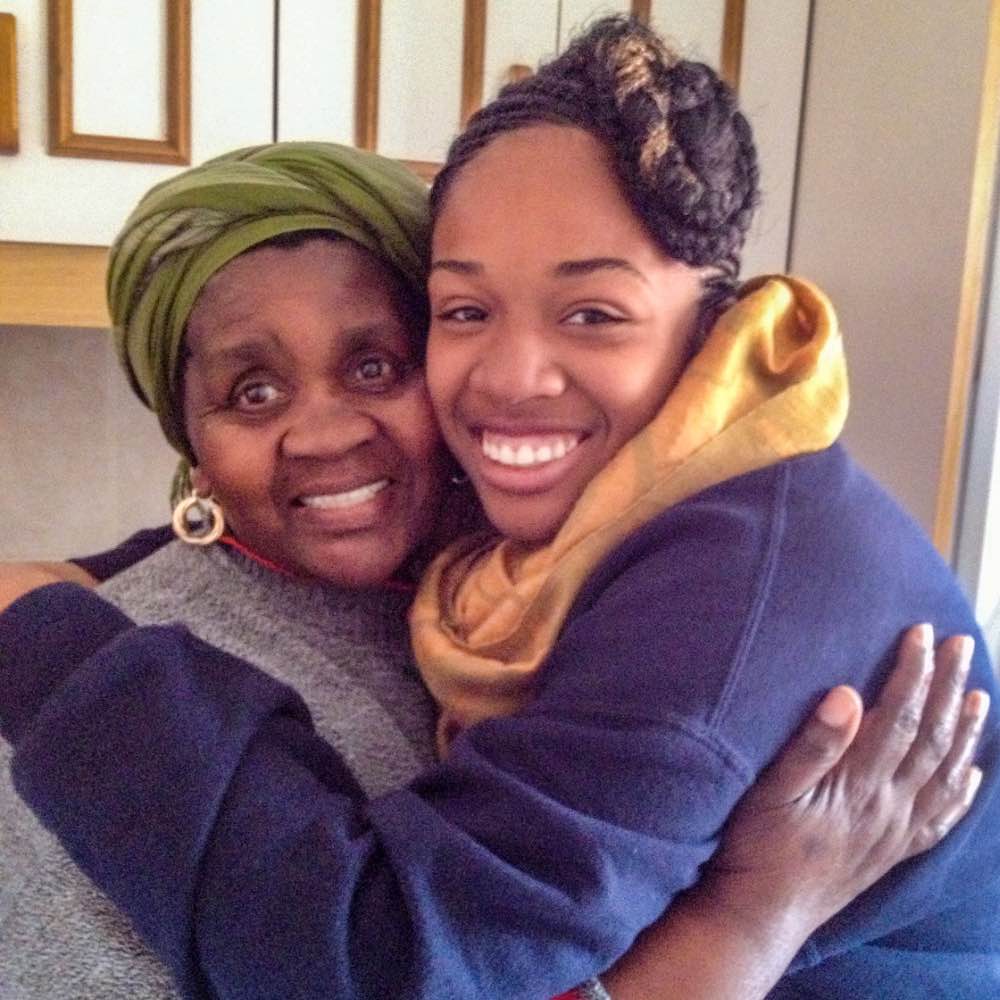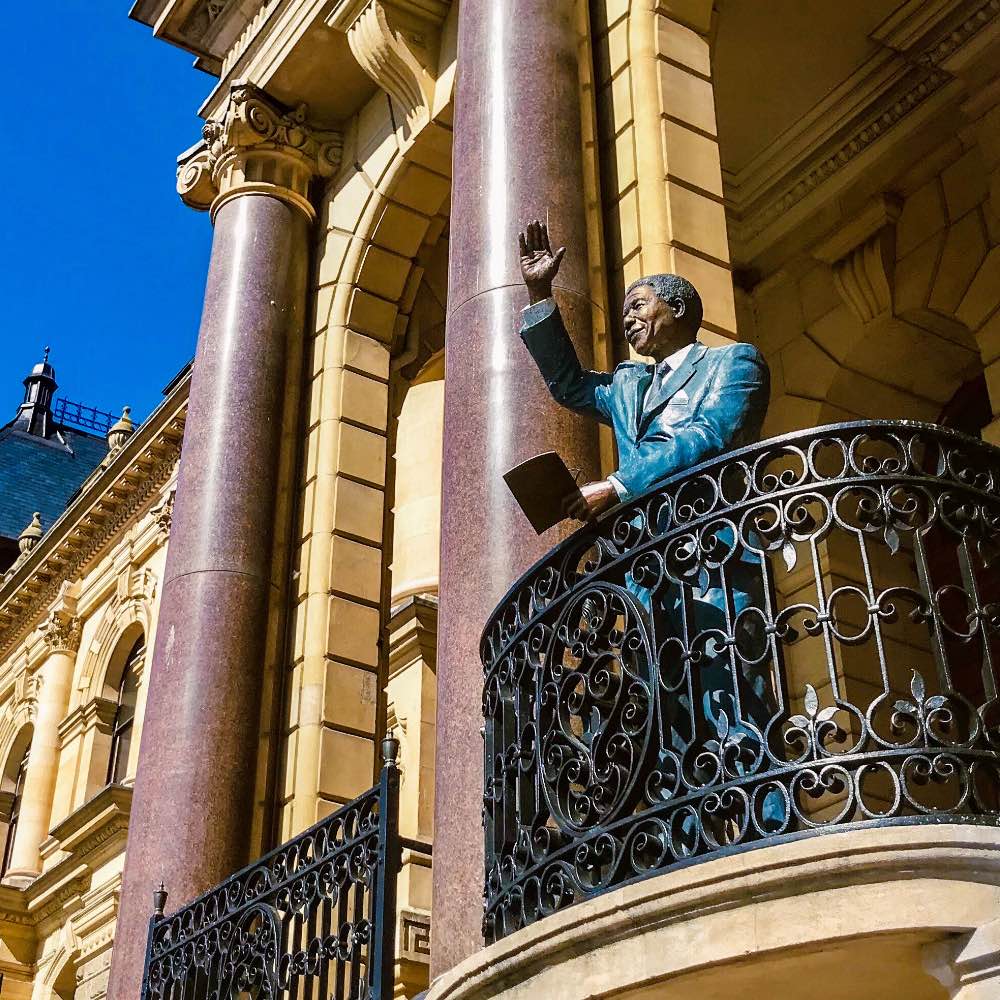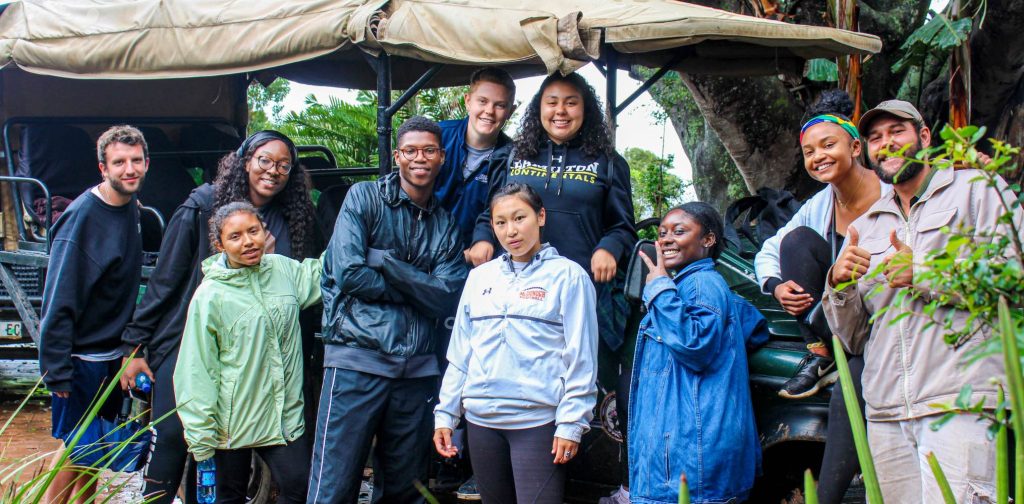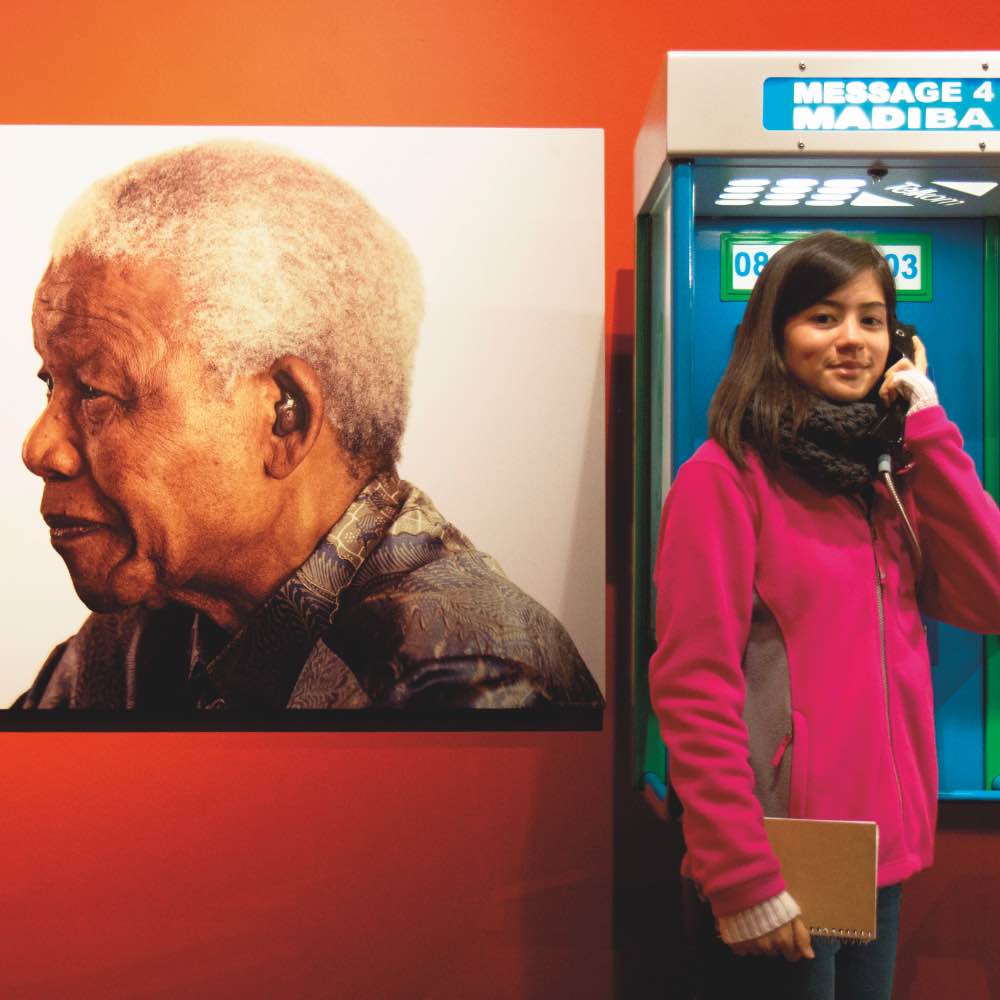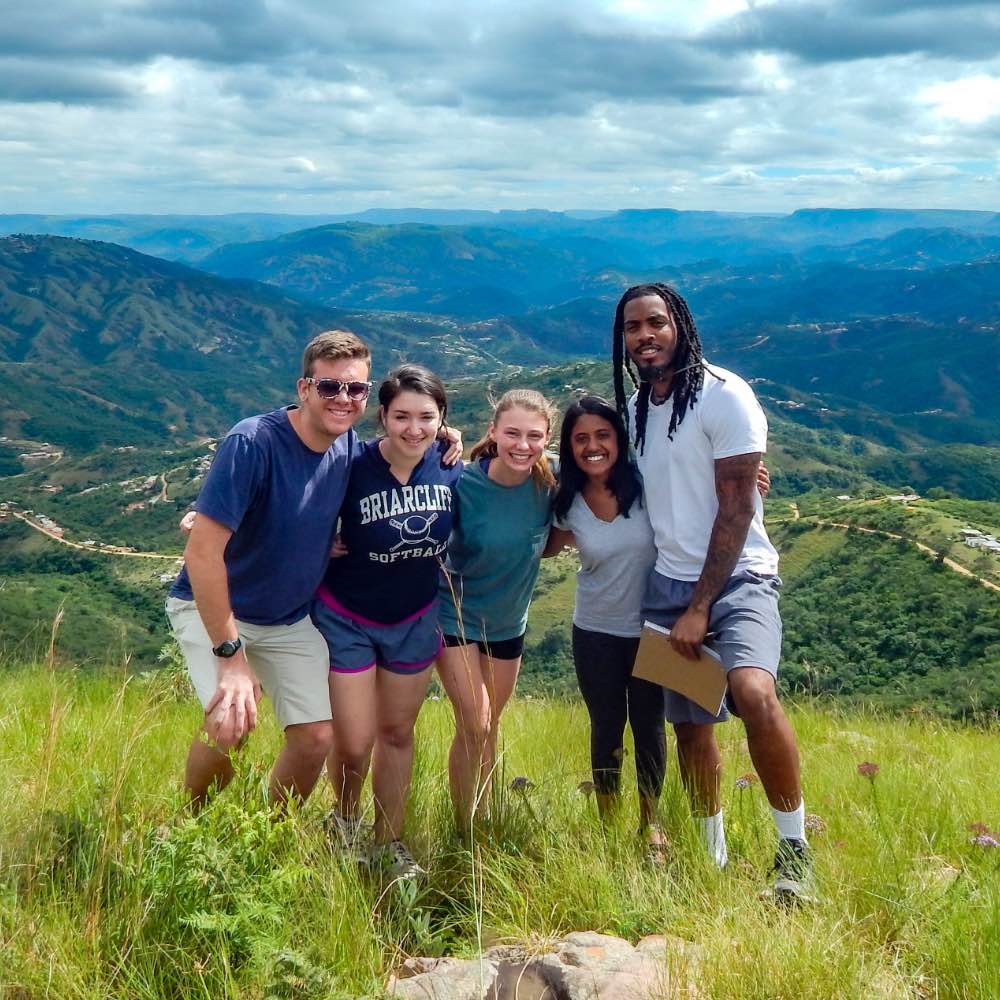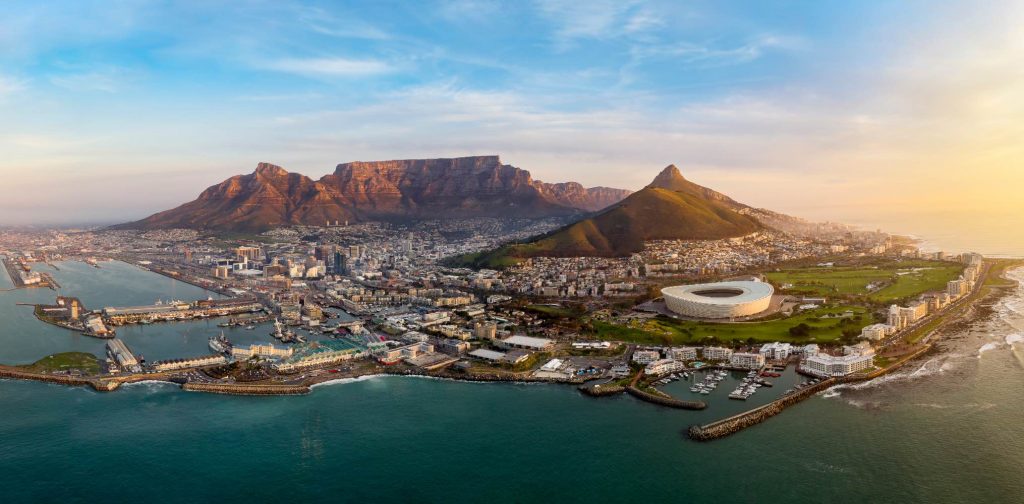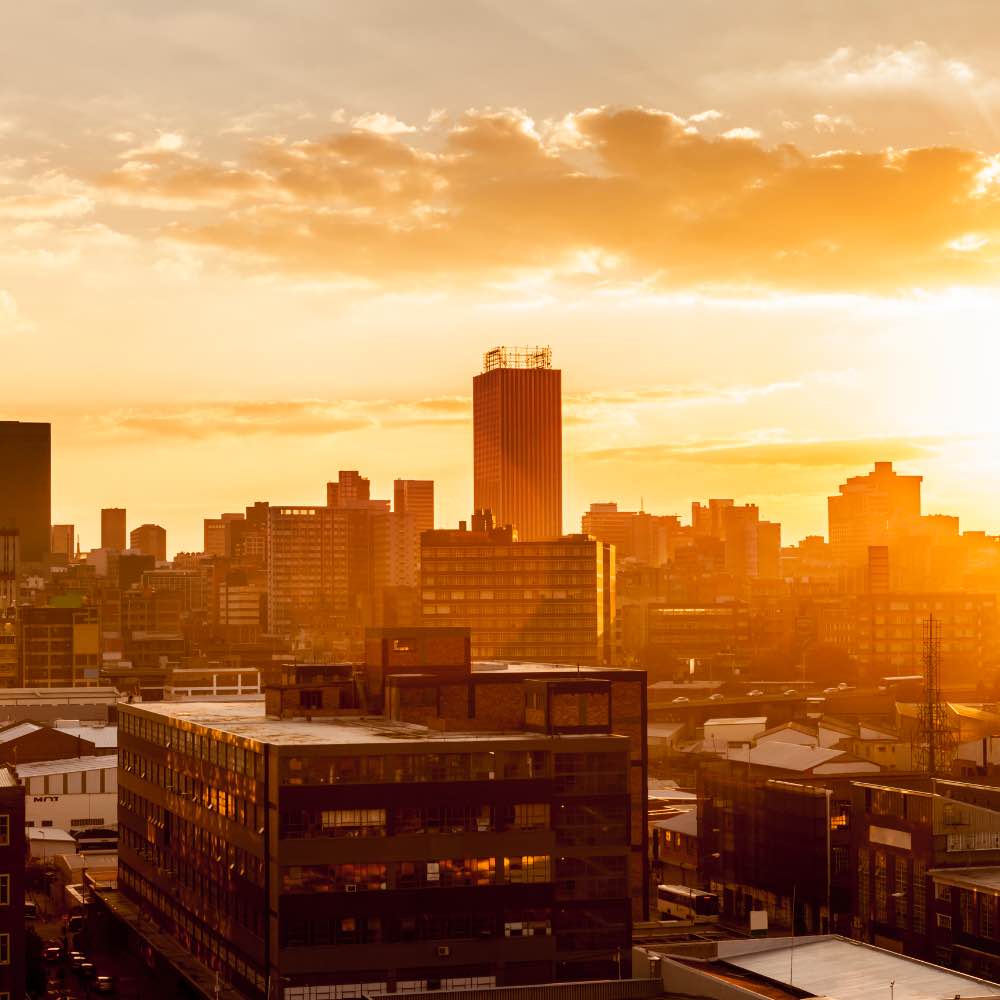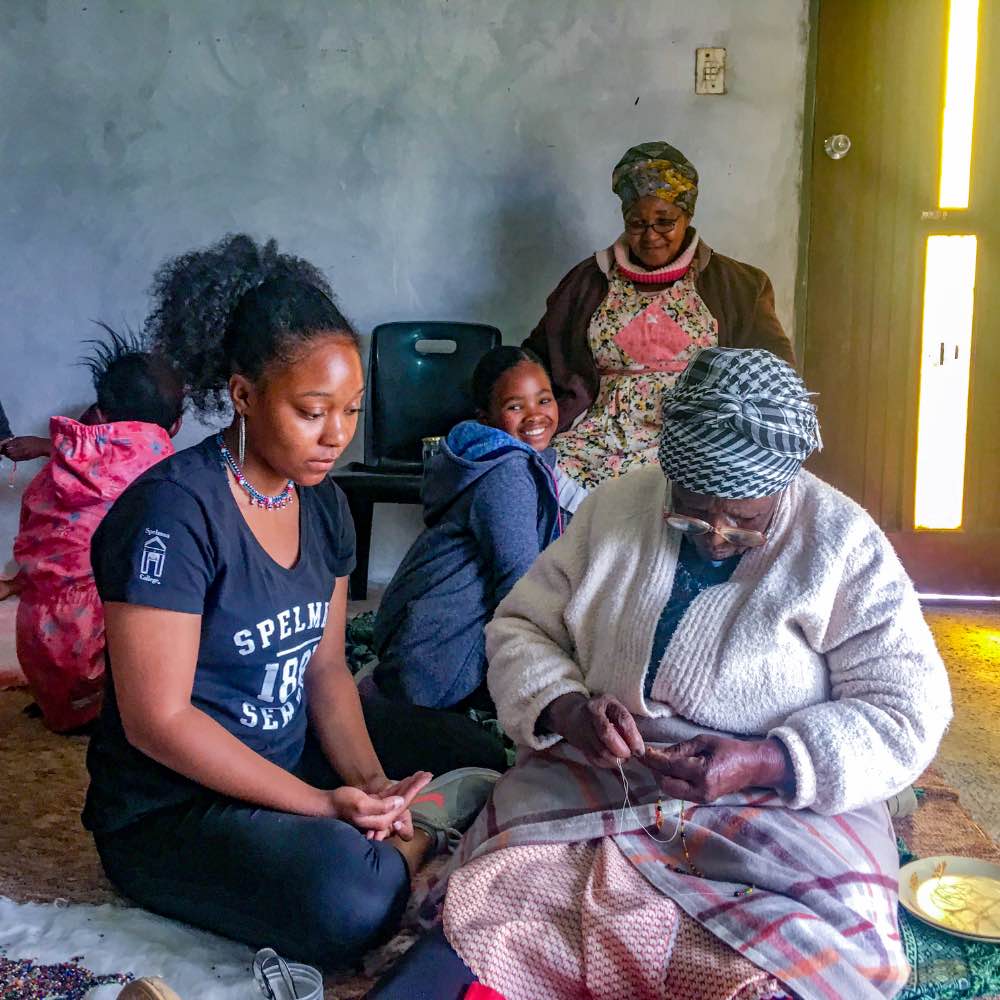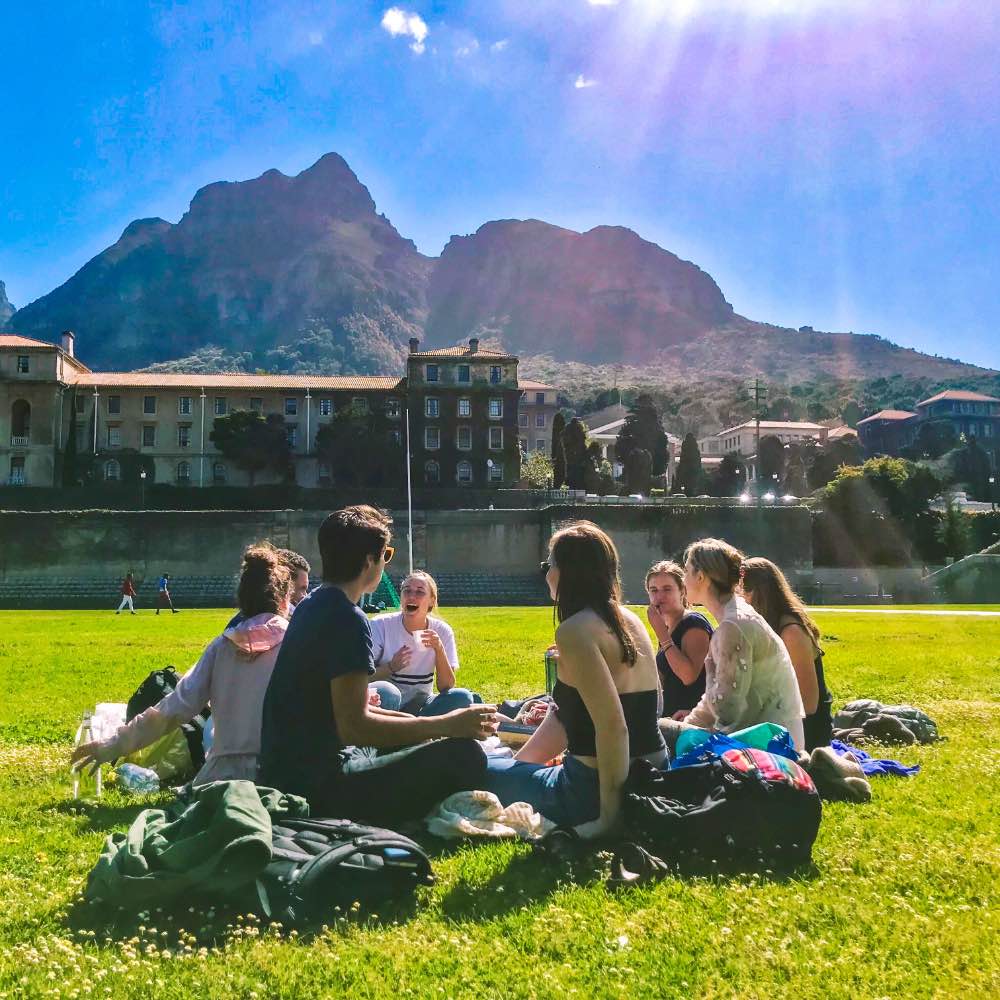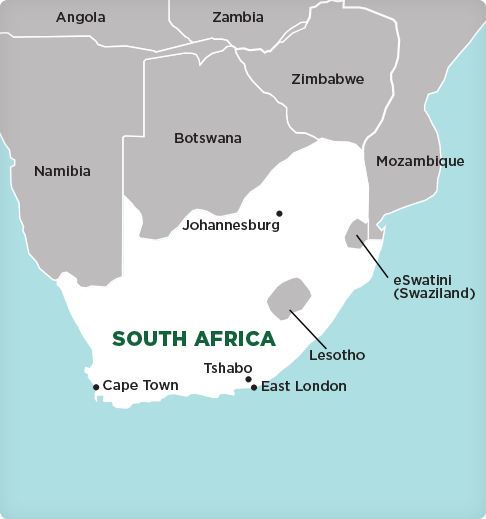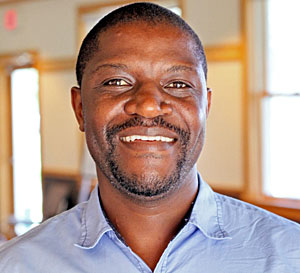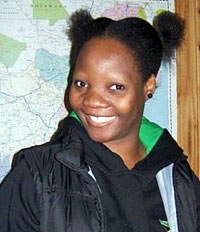Choose from one of the four tracks below to focus your studies and prepare you for your internship or research project:
- Multiculturalism and Human Rights in South Africa (Multiculturalism Track)
- Education and Social Change (Education Track)
- Global Health in South Africa: History, Challenges, and the Future (Health Track)
- Climate Justice and Urban Sustainability (Climate Track)
Multiculturalism and Human Rights in South Africa (Multiculturalism Track) – syllabus
AFRS 3000 / 3 credits
This course examines South Africa’s complex journey from apartheid to democracy through five interconnected modules covering historical foundations, democratic transition, truth and reconciliation, identity and cultural rights, and contemporary social justice challenges. Students critically analyze multiculturalism frameworks, human rights implementation, and ongoing struggles for equity through field visits to sites like the Constitutional Court, Apartheid Museum, and community organizations.
Education and Social Change (Education Track) – syllabus
IDEP-3000 / 3 credits
This course examines how colonial and apartheid educational policies continue to influence contemporary educational inequalities and reform efforts. Students analyze curricular transformation, pedagogical change, institutional access, and the relationship between education and development through field visits to primary schools, universities, and adult education centers. The course emphasizes intersectional approaches to understanding how race, class, and gender shape educational opportunities.
Global Health in South Africa: History, Challenges, and the Future (Health Track) – syllabus
IPBH 3005 / 3 credits
This course analyzes South Africa’s health system through historical, political, and social lenses, examining how colonial and apartheid legacies continue to shape health inequalities. Students explore the fragmented healthcare system, major public health challenges including HIV/AIDS and TB, health system reforms like National Health Insurance, and responses to health crises including COVID-19. Field visits to healthcare facilities, community health centers, and organizations serving migrant populations provide practical exposure to health delivery challenges.
Climate Justice and Urban Sustainability (Climate Track) – syllabus
ENVI-3060/3 credits
This course explores South Africa’s environmental challenges through climate justice and political ecology frameworks, using Cape Town and Johannesburg as primary case studies. Students examine how colonial and apartheid legacies shape current environmental inequalities while analyzing urban climate action plans, water management, energy transitions, and green infrastructure initiatives. Through field visits to water facilities, renewable energy sites, and communities affected by environmental challenges, students develop practical environmental analysis skills.


